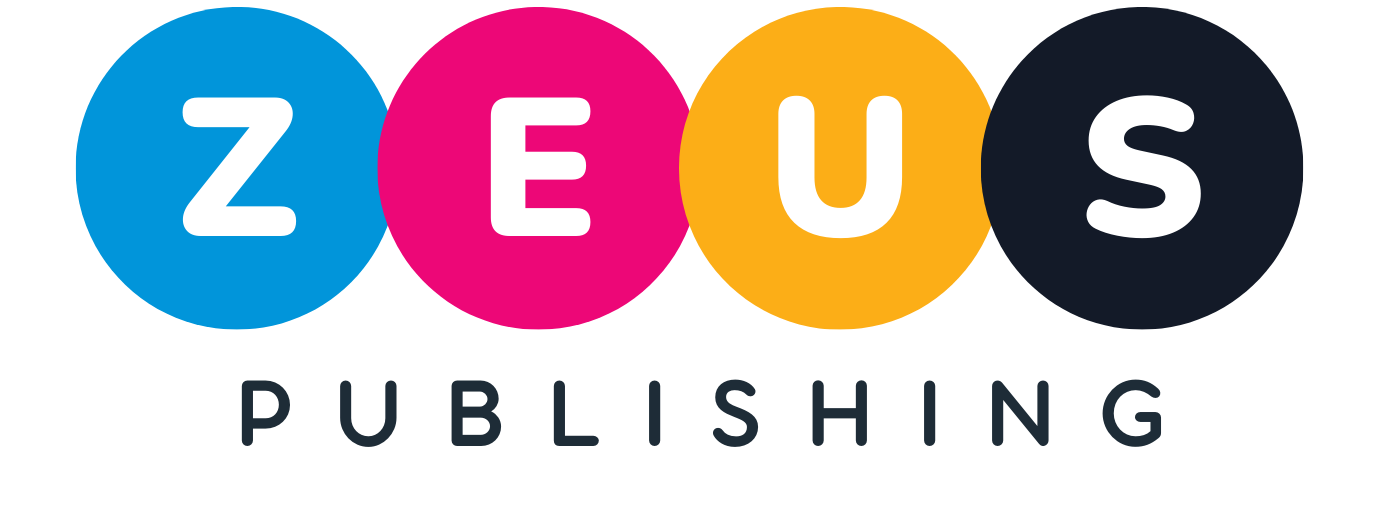Choosing a reputable and reliable journal for your articles is crucial
Choosing a reputable and reliable journal for your articles is crucial to ensure the quality and credibility of your research. Here are some steps to help you choose a true journal:
- Identify your research field: Determine the specific area of your research to find journals that specialize in that field. This will ensure that your work is published in a relevant and targeted journal.
- Consider the journal’s reputation: Look for journals that have a strong reputation in your research field. Consider factors such as the journal’s impact factor, indexing in reputable databases, and the number of citations their articles receive. You can use resources like Scopus, Web of Science, or Google Scholar to evaluate a journal’s reputation.
- Review the journal’s scope and aims: Read the journal’s website or the “About” section to understand its scope, aims, and the types of articles they publish. Ensure that your research aligns with the journal’s focus.
- Assess the editorial board: Check the qualifications and expertise of the journal’s editorial board members. A high-quality journal usually has a diverse and knowledgeable editorial board consisting of experts in the field.
- Evaluate the peer-review process: Find information about the journal’s peer-review process. A reputable journal follows a rigorous peer-review process, where experts in the field review and provide feedback on submitted articles. This ensures the quality and validity of published research.
- Check indexing and impact factor: Verify if the journal is indexed in well-known databases such as PubMed, Scopus, or Web of Science. Additionally, consider the journal’s impact factor, which measures the average number of citations received by articles published in the journal. Higher impact factors generally indicate greater visibility and influence.
- Assess publication fees and copyright policies: Review the journal’s publication fees and any associated costs for publishing your article. Also, consider their copyright policies to ensure they align with your requirements.
- Seek recommendations and references: Consult with colleagues, mentors, or other researchers in your field for recommendations on reputable journals. They may be able to provide insights based on their experiences.
Remember to exercise caution and be aware of predatory journals that engage in unethical practices. These journals often have poor peer-review processes, charge exorbitant publication fees, or lack proper indexing. Be vigilant in evaluating the credibility and legitimacy of any journal before submitting your article.
To choose a reputable journal for your articles, you can follow these steps:
Choosing a true academic journal involves considering several factors.
By following these steps, you can make an informed decision when choosing a true journal for your articles and increase the likelihood of your research reaching the right audience and receiving proper recognition.







